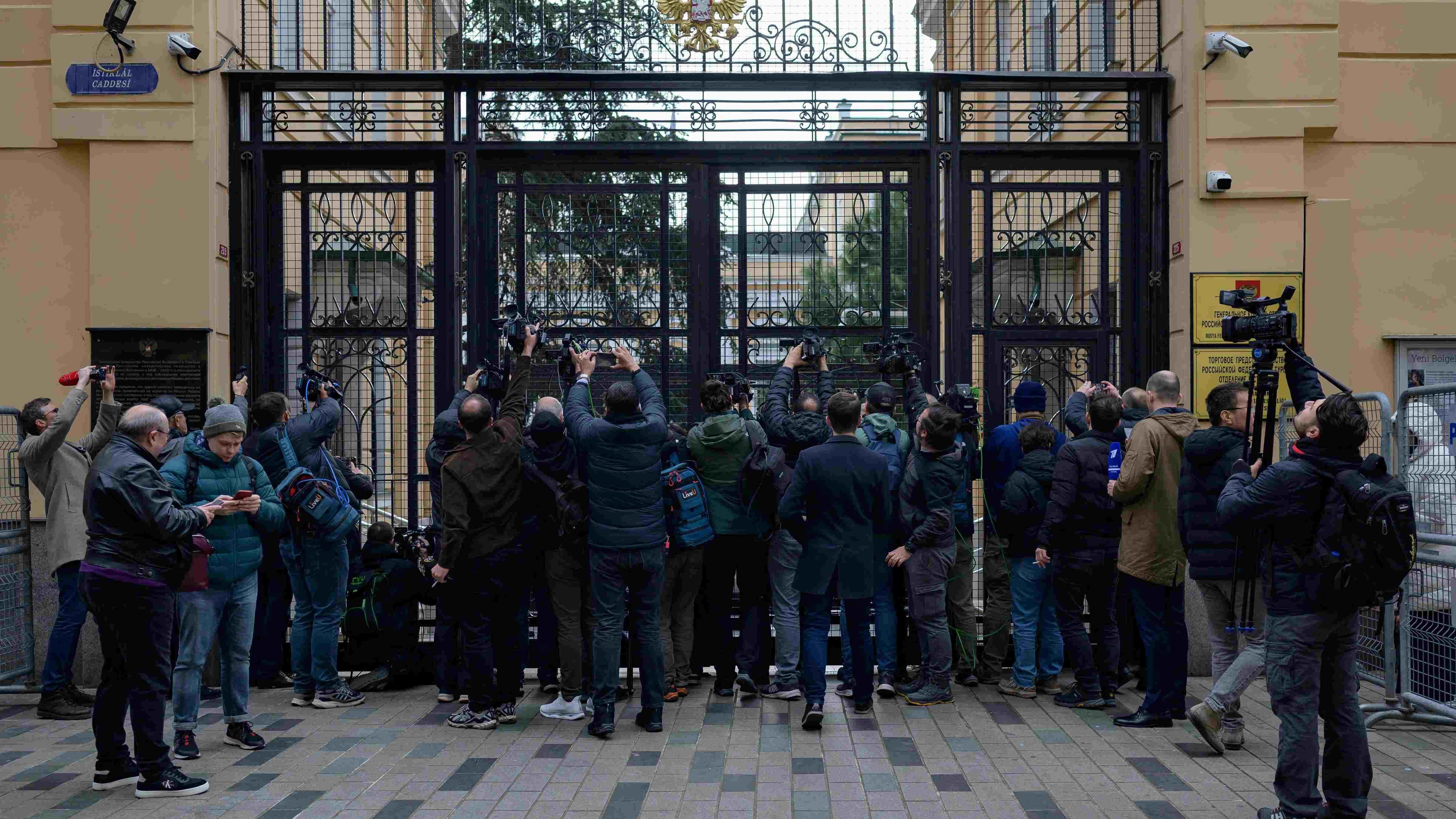Wall Street’s role in the crisis in Cyprus
ROB URIE
Recent events in Cyprus, the seizure of bank deposits to affect bailouts of large private banks and the implementation of capital controls to limit the rate at which remaining bank deposits can be moved out of the country, suggest the global banking crisis widely presented in the mainstream press as behind the West is still very much present. Germany’s Chancellor Angela Merkel frames Cyprus’ troubles as deriving from a combination of fiscal laxity for which economic austerity is the cure and of out-of-control Cypriot bankers for which “internal” resolution is the remedy. Left out is the role Western central banks, German banks and more broadly Wall Street have played in the global economic catastrophe that continues to unfold.The proximate cause of the crisis, the spark that lit the fire, was two of Cyprus’ largest private banks were found to be insolvent and in need of “resolution” in the circumstance where they had received deposits from inside and outside the country in excess of the country’s ability to internally resolve them. The cause of the insolvencies was loans made that couldn’t be repaid and investment assets that had declined in value. Most large Wall Street firms were in similar positions in 2008 when, because of the U.S.’ ability to produce unlimited “bailout” funds through the Federal Reserve’s digital “printing press,” the funds they needed to return to faux solvency were simply handed to them. But because it belongs to the European Currency Union, Cyprus does not have this option of “printing” its way to American-style bank catatonia.
In a series of moves indicating the European Central Bank (ECB) sees itself as blameless in Cyprus’ troubles, it made needed loans to the Cypriot government contingent on “internal” resolution of the banks, meaning funds for the needed bank “bailouts” had to be found somewhere and that somewhere was in depositors’ accounts. By raiding depositor accounts the ECB assured remaining depositors would take their money elsewhere as soon as they could do so, therefore the Cypriot government instituted capital controls to manage the quantity of funds allowed to leave the country. The results are likely a deep economic depression unfolding in Cyprus and the eventual unwinding of the larger European Union project.
Left out of this story is the role the U.S. and European Union played as the major state-based proponents of neo-liberal finance capitalism; the role of Wall Street, including large German banks, in producing the garbage assets on which the global banking system continues to choke, and the ongoing practices of economic extraction and predation epitomized by the events unfolding in Cyprus. The economic theories of neo-liberalism were behind the absence of capital controls that would have limited the size of external deposits in Cypriot banks to manageable levels. Garbage U.S. mortgage-backed securities and other “structured” financial products created by Wall Street found their way into the investment portfolios of nearly every bank in Europe. And efforts to force ever more neo-liberal policies onto the citizens of the world continue unabated under the U.S.-led Trans Pacific Partnership Agreement.
But limiting blame to Wall Street’s, including Germany’s Deutsche Bank’s, role in creating and selling garbage assets understates the role the broader system of finance capitalism has played in the rolling economic catastrophes of the European “periphery.” Unhindered capital flows have been a source of economic disruption for several decades now, but they too are but aspects of the larger problem: the system of global finance capitalism itself. Both excessive bank-created (private) credit and the uncoordinated nature of capitalist investment render finance capitalism a doomsday machine even were corrupt and/or incompetent bankers not also behind the catastrophes it creates.
Rob Urie is an artist and political economist in New York. You can find the full version of this article on www.counterpunch.org.











